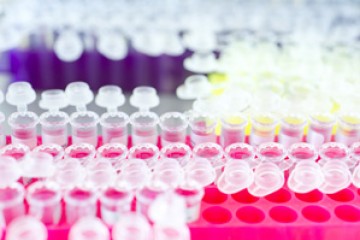PhD Studentship
Development of a novel cell based bitter taste assessment assay

At a glance
Completed
Award date
July 2016 - June 2019
Grant amount
£90,000
Principal investigator
Dr Afzal Rahman Mohammed
Co-investigator(s)
Institute
Aston University
R
- Replacement
Read the abstract
View the grant profile on GtR
